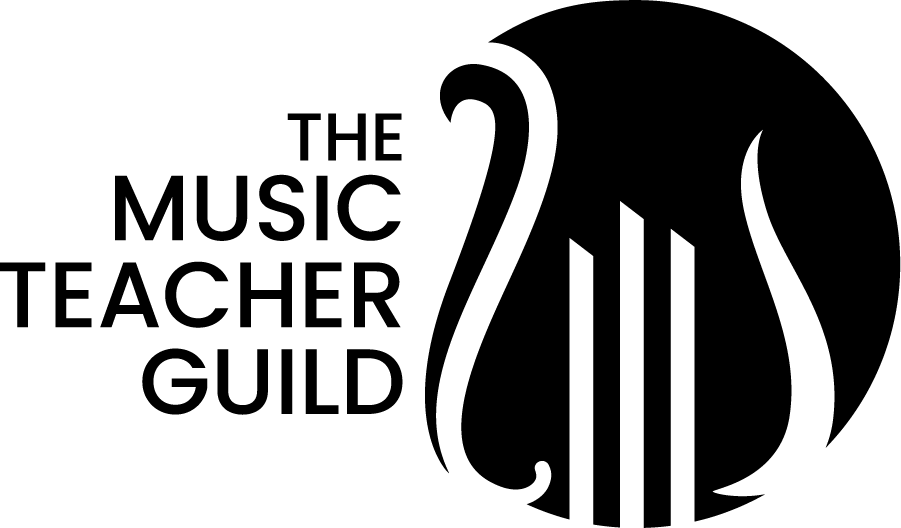Top Platforms for Music Teacher Collaboration
In the ever-evolving world of music education, staying connected with fellow educators is crucial for growth and inspiration. Imagine you’ve just had a breakthrough with a new teaching method, and you’re eager to share it with others. Or perhaps you’re looking for fresh ideas to engage a challenging class. This is where music teacher collaboration platforms come into play. These online communities and tools offer a dynamic space for educators to share resources, exchange ideas, and collaborate on projects, all while strengthening the global music education network. Let’s explore the top platforms that can help you connect and thrive as a music teacher.
Why Collaboration is Vital for Music Teachers
In a field as diverse as music education, collaboration among teachers is more than just a nice-to-have—it's essential. By working together, music educators can share resources, swap teaching strategies, and stay updated with the latest trends and tools. Collaborative efforts lead to better learning experiences for students and create a supportive environment for teachers to grow professionally. Whether you’re a seasoned instructor or just starting, engaging with a community of like-minded educators can spark new ideas and solutions you might not have considered on your own.
Top Music Teacher Collaboration Platforms
If you’re ready to dive into collaborative teaching, here are some of the best platforms tailored for music educators:
1. Music Teacher's Helper
Overview: Designed specifically for music teachers, Music Teacher's Helper is an all-in-one platform that helps educators manage their studios. However, it also features tools for connecting with other instructors, sharing lesson plans, and discussing strategies.
Key Features:
Lesson scheduling and billing.
Resource sharing capabilities.
Blog and forum features for interaction.
Why It’s Great: It simplifies administrative tasks, freeing up more time for teachers to engage in meaningful collaboration.
2. Facebook Groups and Online Communities
Overview: With the sheer number of Facebook groups dedicated to music education, there’s no shortage of options for connecting with peers. From general groups like "Music Teachers" to niche communities like "Elementary Music Teachers," these spaces are treasure troves of resources, advice, and support.
Key Features:
Instant access to a large network of music teachers.
The ability to share videos, lesson plans, and experiences.
Real-time advice and feedback from peers.
Why It’s Great: It’s easy to join and offers a vast, active network where you can ask questions and share ideas.
3. Google Workspace for Music Educators
Overview: Google Workspace (formerly G Suite) offers tools like Google Docs, Sheets, and Google Meet, which can be powerful for real-time collaboration. Teachers can co-create lesson plans, share resources, and host virtual meetings with ease.
Key Features:
Collaborative document editing.
Real-time communication through Google Meet.
Cloud storage for easy access to shared files.
Why It’s Great: It’s user-friendly, free (with basic features), and highly effective for organizing group projects and meetings.
4. MusicFirst
Overview: MusicFirst is an online classroom specifically designed for music education. It includes a variety of apps that help teachers manage assignments, assess student performance, and provide feedback, making it a great hub for collaboration.
Key Features:
Integrated apps for ear training, music theory, and notation.
Assignment tracking and feedback tools.
Options to collaborate on lesson plans and share assessments.
Why It’s Great: It offers a comprehensive suite of tools tailored to music education, making collaboration seamless and effective.
5. Discord and Slack Communities
Overview: Originally created for tech and gaming communities, platforms like Discord and Slack have grown into popular spaces for educators to connect. Many music teachers are setting up their own servers or joining existing ones to share resources and chat in real time.
Key Features:
Channels for specific topics (e.g., lesson planning, student engagement).
Voice and video chat capabilities.
File sharing and integration with other tools like Google Drive.
Why It’s Great: These platforms provide a more casual, real-time way to connect with other music teachers, making it easy to start conversations and share insights.
How to Choose the Right Platform for Your Needs
With so many options available, choosing the right collaboration platform can feel overwhelming. Here are some factors to consider:
Ease of Use: Select a platform that’s intuitive and easy to navigate. You want to spend your time connecting, not figuring out how to use the tool.
Community Size and Activity: A large, active community can provide a wealth of resources and faster feedback. Check out reviews or join free trials to get a feel for the level of engagement.
Resource Availability: Some platforms offer more than just a space for chatting—they might include lesson plans, teaching tools, or even professional development resources.
Try integrating a new collaboration platform gradually into your teaching routine. Start with one small project or discussion, then expand your involvement as you become more comfortable.
Conclusion
Whether you’re looking for new teaching strategies, lesson plans, or simply a place to share your successes and challenges, using music teacher collaboration platforms can be a game-changer. Connecting with fellow educators can provide fresh inspiration and enhance your teaching experience. Explore these platforms and find the one that best suits your needs—your future self (and your students) will thank you!

